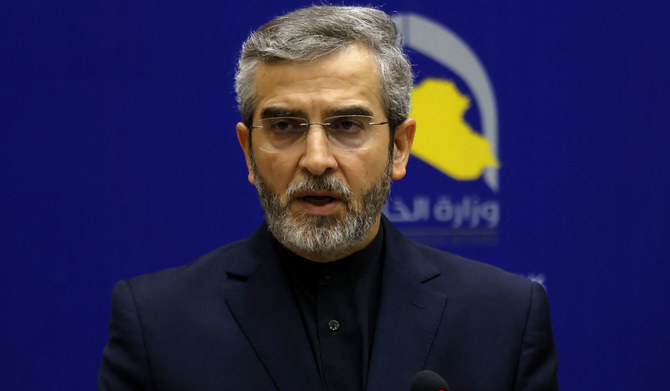TEHRAN: Iran said on Monday it has resumed diplomatic ties with The Gambia, according to Tehran’s foreign ministry, almost 14 years after they were severed by Banjul.
“Following the meeting of the high-ranking officials of the Islamic Republic of Iran and the Republic of The Gambia...both sides decided to announce the resumption of diplomatic relations on July 29, 2024 in order to secure the interests of the two countries,” the ministry said in a statement.
The statement came after Iran’s acting foreign minister Ali Bagheri met his Gambian counterpart Mamadou Tangara.
The Gambia’s top diplomat is in Tehran to attend the inauguration ceremony of the Iranian president, Masoud Pezeshkian, which is scheduled for Tuesday.
The West African country cut ties with Iran in 2010 after the Nigerian government seized what it said was an illegal arms shipment from Iran to The Gambia.
The 13 containers of weapons had been falsely labelled as building materials.
Tehran at the time insisted that the arms shipment, which were sent by a private company, complied with international law.
The Gambia denied it was the intended recipient of the weapons and cut diplomatic ties with Iran.
Tehran then accused the United States of having pressured Banjul into the move.
In early 2011, Nigeria put Azim AgHajjani, an alleged Iranian Revolutionary Guard member and a Nigerian national on trial over the shipment.
In 2013, AgHajjani and his Nigerian accomplice were sentenced to five years in jail each over the arms shipment.
The arms shipment drew international attention over the possible violation of UN sanctions against Iran linked to its nuclear program.




























